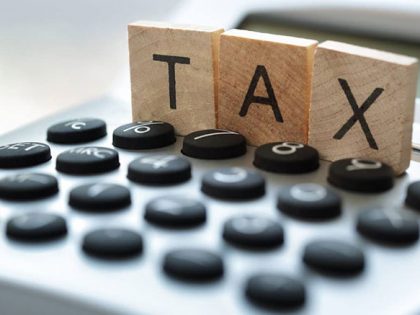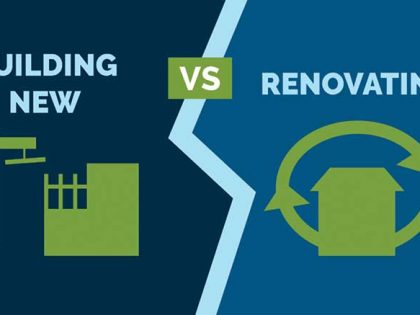The Supreme Court of Justice of the European Union (CJEU) sentenced last December the Spanish banks to pay back all the money overcharged for the floor clauses, eliminating the non-retroactivity set by the Supreme Court (TS) in May 2013 and which limited the refund of what was charged in excess as of that same date. This ruling considers that limiting retroactivity is contrary to Community law, which in practice has meant recognizing the total retroactivity since the signing of the loan.
In recent days, the Government of Spain has decided to postpone a further week the royal decree law that articulates an extrajudicial system to return the money improperly collected by non-transparent floor clauses. This fact supposes to postpone the publication of the new mortgage law. In December, the Government has already decided to postpone the approval of a code of good practices to facilitate the return of the overcharged by the floor clauses.

How can we know if we are affected by the floor clause
– The first thing we must do is to search and carefully read the deed of our mortgage. It is usually recognized under headings with headings such as “limits on the application of variable interest”, “limit of variability” or “variable interest rate”. It is very important to also pay attention to the historical evolution of the mortgage rate. If since 2009 you haven’t noticed a noticeable decrease in your mortgage payment or it has remained fixed, it is very likely that it has a floor clause.
– It is very important that the ground clause is null. What the CJEU says is that if a Spanish court declares it null and void, it must be returned from the beginning and not from May 2013, as ruled by the TS court. Therefore, you must get a court to issue a judgment in your favor in order to claim the amounts.
– If you came to an agreement with the bank to remove the floor clause from your mortgages and resigned to take legal action in the future to claim more money you should know that some courts have also begun to declare these types of agreements null and void.
The extrajudicial system seeks to facilitate an agreement with the entities and establishes a maximum term of three months for their return. This procedure will be mandatory for the entity, but voluntary for consumers.
Thus, banks do not have the material means or “enough people” to process the repayment of amounts collected by non-transparent land clauses on mortgages in three months. The decree contemplates that clients can recover in cash the overcharged interest on the non-transparent floor clauses in their mortgages or opt to amortize the outstanding capital of the loan if they have not yet finished paying it.
What steps you have to take to complain
- You have to try to negotiate with the bank in order to reach an agreement, if the bank does not eliminate the floor clause, the only option is to file a lawsuit.
- You can claim the elimination of the floor clause before the Bank of Spain whose report, however, is not binding. The last option is the complaint.
- In some cases, you can claim even if you have already finished paying the mortgage. That is, it is not always necessary that the debt with the bank be alive. Of course, it will be necessary to check in each case if the debt is four or fifteen years.
Get advice from an expert lawyer
Once you have identified yourself as harmed by the floor clause and to prevent the bank from re-taking advantage of the client, the most important thing is to have expert legal advice, which also examines any type of agreement with the bank and conscientiously analyze the feasibility of the claim.
At Ripoll & Mateu Solicitors Mallorca we advise, defend and represent our clients at all levels. Our greatest asset is an infrastructure of professional leaders in each field of action, as well as our international vocation and multilingual capacity.





























































